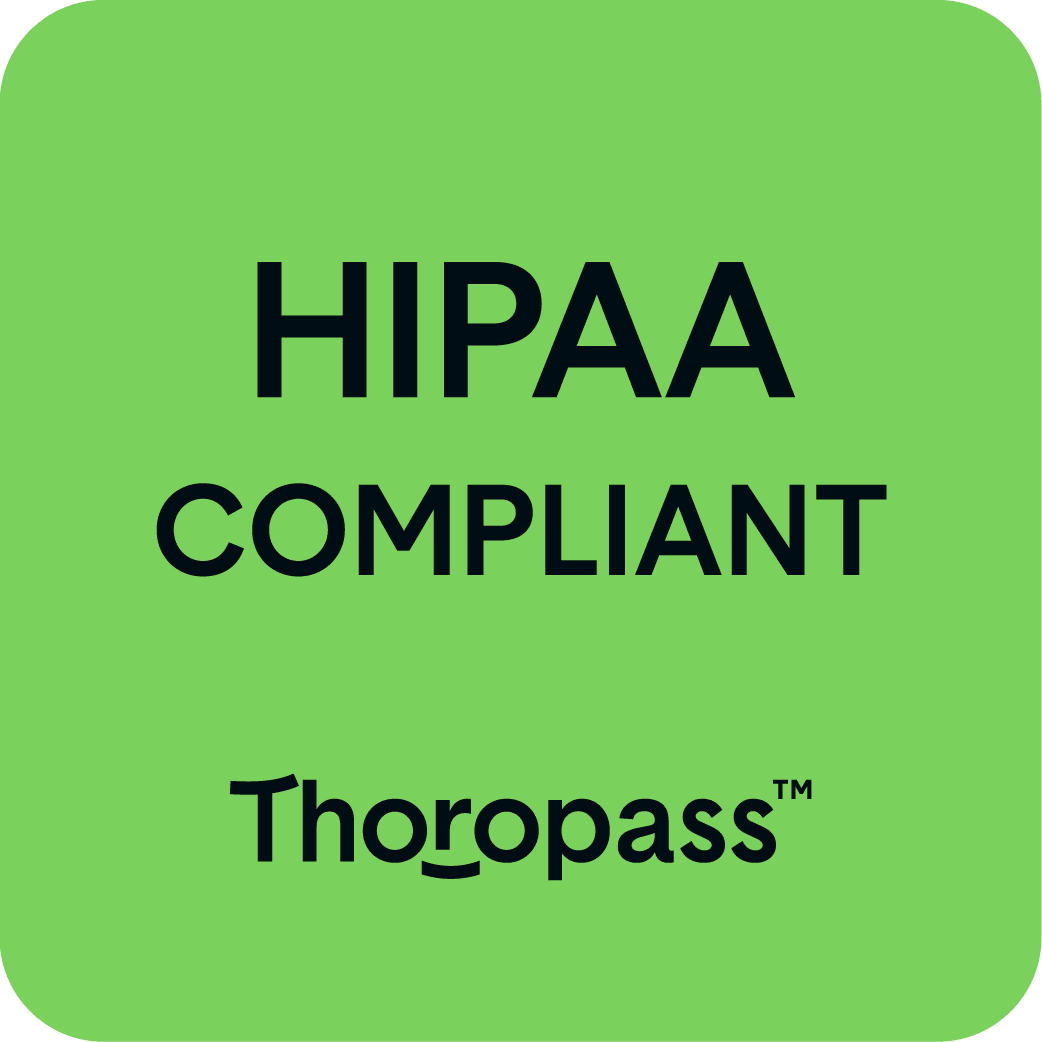
Medical education, like the practice of medicine itself, continues to evolve – from the implementation of admission standards in the early 1900s to the introduction of online learning. Today, the world faces an unprecedented challenge with COVID-19, and the medical community has once again had to adapt. A hands-free, voice-activated, head-worn tablet from Washington-based Hippo Technologies, Inc. is leading that evolution, providing a virtual learning platform to keep the next generation of physicians and nurses engaged in clinical practice and help them overcome the barriers imposed by necessary COVID-19 restrictions.
With Hippo’s headsets, medical students can continue interacting with clinicians around the world through enhanced video communications, giving them the chance to step into their teacher’s shoes and learn through their eyes. A physician wearing the device can communicate in real-time with students, and convey everything they are doing through high definition video and a voice-activated interface. Hippo’s Virtual Care platform is taking medical education into the future, combining the benefits of in-person learning with the safety and opportunities of remote care.
Saving hospitals and medical schools time and money
Despite current restrictions, medical training must still take place, even during a pandemic. Hippo enables professors and clinical faculty to easily connect with medical students across the country to ensure their education continues. By using Hippo in virtual training, medical students can still gain first-hand patient experience and even have the chance to see patient care settings that otherwise would be inaccessible to them. With Hippo, morning sessions can start in a busy inner city ER, and students can end the afternoon observing a small, underserved rural community hospital – allowing future physicians to get a well-rounded education, despite never setting foot in the training hospital.
Hippo’s platform also facilitates virtual training on medical equipment. Students can get eye to eye with an expert’s point of view and see exactly how to operate the equipment in a clinical setting. This virtual learning option provides a more equitable education for students even if they do not have in-person access to expensive, highly sensitive equipment such as robotics and imaging, while medical schools can save the significant cost of buying and maintaining the latest technology on premises.
Virtual education with Hippo also provides important cost and life-saving measures for patients and medical staff as hospitals can provide a world-class education to medical students without the use of extra PPE and putting students at unnecessary risk. By providing the option of distance learning, students can continue their education without the risk of spreading COVID-19.
Additionally, Hippo can be used to assess students through remote proctoring. This gives students the chance to get a feel for what practicing medicine will be like without someone looking over their shoulder while allowing teachers to assess their skills in real time. The ability to record procedures through Hippo’s “store-and-forward” function enables students and faculty to review and discuss clinical practice after the event, and keep an historical record of progress.
According to Susan Groenwald RN, PhD, President Emerita at Chamberlain University, one of the largest nursing schools in the country: “Providing quality clinical sites for nursing, medical and other healthcare students is challenging under any scenario, but is a significant challenge amidst COVID-19 restrictions. With Hippo, students can see through the eyes of the clinician and experience procedures as if they are there. Conversely, remote faculty can oversee students interacting with and caring for patients while wearing the Hippo device.”
Increasing exposure to rare and complex cases
Traditional medical education involves following a physician on their patient rounds. This gives medical students the chance to hear first-hand from patients and observe the physician’s bedside manner. Having a group of people observing you in the hospital can be extremely uncomfortable for patients and may even increase a patient’s risk of exposure to COVID-19. With Hippo, medical students can still take part in this essential learning experience by taking virtual rounds remotely, without adding undue risk or discomfort to patients. Equipping an attending physician with the Hippo headset gives remote students the opportunity to virtually step into an experienced clinician’s shoes and gain a first-person vantage point that would not have otherwise been possible.
Often students are crowded together when observing patient care, which decreases the chances of having an optimal view of the procedure that is taking place. Hippo’s virtual education platform provides students with a superior experience, allowing them to see through the eyes of the surgeon or attending physician rather than crowding around hoping for a glance over a shoulder.
Virtual learning also gives medical students the opportunity to observe and study patients and physicians around the world. This broad exposure increases students’ chances of learning about rare disease states and gives them more opportunities to learn how to treat complex medical cases, while experiencing a variety of clinical settings at home and abroad.
“I immediately saw the application for using this technology to enhance the learning, practice and improvement of healthcare,” explains Thomas Matthew, MD, Director at Johns Hopkins Cardiothoracic Surgery Program at Suburban Hospital, where the Hippo Virtual Care platform is currently in use. “The ability to have audio/visual communication for teaching and proctoring with junior colleagues became crucial during COVID-19. The hands-free aspect is a real benefit – it allows us to practice medicine as we were trained. With Hippo, I can orient a patient or see a procedure as if I were physically in the exam room.”
Hippo is bridging the gap between physical and virtual care. Our team is committed to sharing knowledge without boundaries and expanding medical expertise and practice. To learn more about how Hippo can help your medical staff and students, click here.





